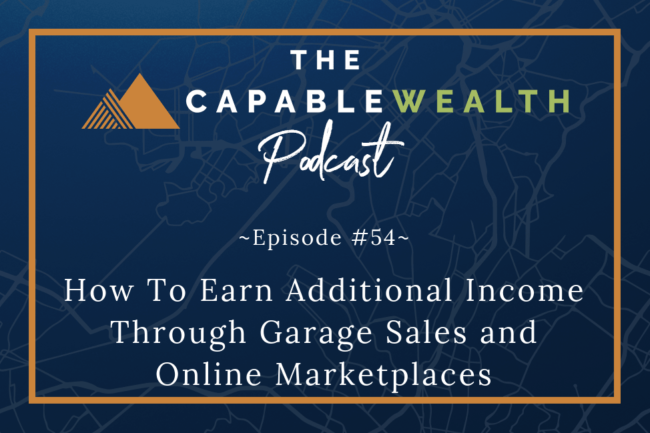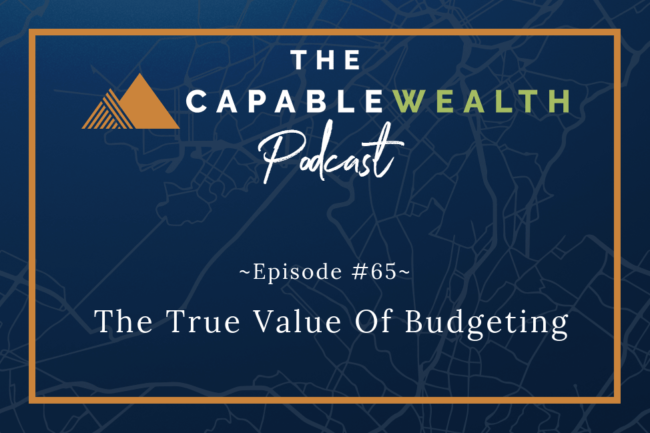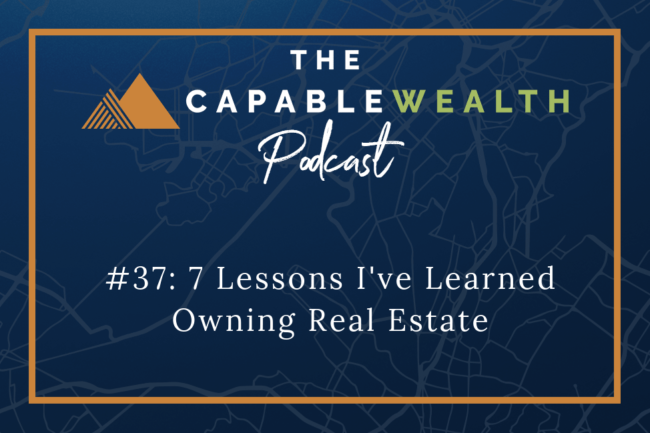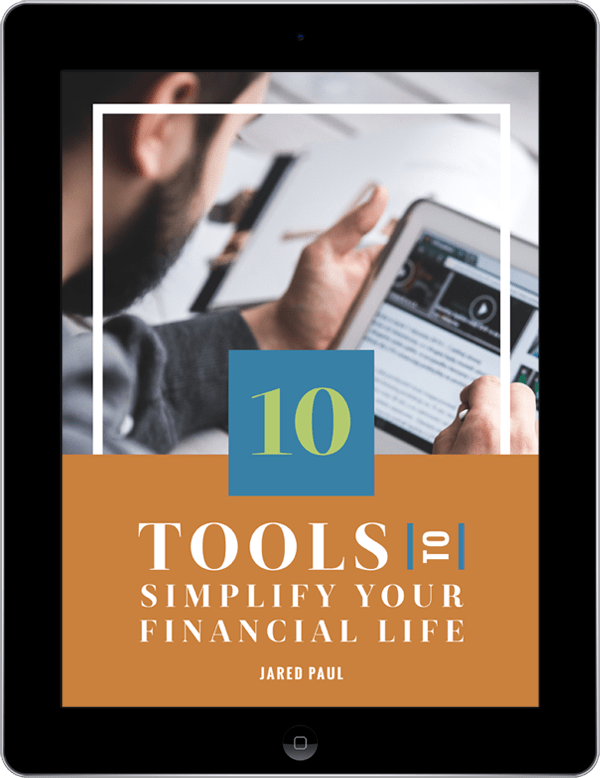Let’s imagine you have two friends that go shopping. They happen to go to the same store, on the same weekend, looking to purchase the same coat. Woah!
To make things better, let’s say this store just so happens to be running a holiday special – 50% off all items.
Things are really looking up for your friends.
Later that week you have coffee with each of those friends (at separate times) and they tell you about the awesome deal they got!
One friend tells you how they were able to buy a new coat, and they saved 50% off the price.
The second friend tells you they also were able to buy a new coat for 50% off, and it allowed them to get some additional gear they didn’t think they were going to be able to afford.
Both friends made out good in this situation, but one of them has more money left over in their bank account…
SUBTLE DIFFERENCES IN SPENDING DECISIONS
This is a concept I’ve been thinking about, lately – the question of if you should focus on optimizing how much you can get for the dollars you are spending, or how little you can spend to get what you want.
It’s a subtle difference. Both are good things to be considering, but I think it’s clear how one can lead to stronger finances.
If you are looking for deals on the things you are planning to purchase, you’ll save money over time. Whenever you find a 50% off special, that’s less money you have to spend on any particular purchase.
The difference is what you choose to do with those savings.
If you are immediately handing them over to a business in order to buy more stuff, then they really aren’t savings – it’s just increased purchasing power.
But, if you choose to keep that money for yourself, those savings become additional wealth-building ammunition.
You can use that money in different ways to bolster your own finances, and put yourself in a better place for the future.
OTHER AREAS TO CONSIDER
Here are a handful of other areas I see as prime examples of this decision trade-off.
Buying A Home
This concept regularly comes into play when people buy a home.
One of the first things people do when they begin looking to buy a home is get a mortgage pre-approval letter. This letter is a preliminary approval for how much a bank will loan to them for a home purchase, based on factors such as their income, credit score, and debt.
Once a person has this letter they start looking in their “price range” for houses they can buy. But what is your price range? The amount you were approved for by the bank?
Your price range should be what fits your budget, not what a bank told you is the maximum allowable amount you can spend. These numbers are based on calculations they’ve run to show what’s the amount they can loan out that will not have “too many” defaults, allowing them to still make money. It’s factoring in people foreclosing on their homes and losing them
When you go into the home search with a price in mind, instead of the type of house, then you will just look to fill into that price range. If your local real estate market experiences a decline, then you’ll be able to get “better” homes at your price range.
But did you think about purchasing the other homes you were originally looking at that also experienced a price drop, and are now well within your price range?
Instead of trying to buy the “best” house in your price range, you could be thinking about what you need, and then figure out the lowest price you can pay for what you need/want.
Car Purchase
The same applies to this purchase.
People often get approved for car loans and look to see how much they can get. The dirty secret is that car dealerships will even finance your auto purchase over a longer period in order to keep the monthly payments in your price range.
But when you are paying for an extra 1-2 years, it is costing you much more over time.
Instead, you should budget out what you can afford, and find a car that fits that price range.
College
If you have a dream of working in a certain industry, your goal should be getting the required degree and certifications the most cost-effective way. It shouldn’t be about attending the school with the best cafeteria or fitness center.
All of those add-ons are things created to increase the “experience” of college. But, what they’ve really done is contribute to the ever-growing epidemic of student loans driven by rising cost to attend college.
What makes this worse is that the requirements to take out tens-of-thousands in student loans are pretty low. Banks and the U.S. Government are just throwing money at 18-year-olds looking to attend college.
Just because they are willing to loan money to you doesn’t mean you should take it.
Remember what the purpose of college is – earning a degree and improving your chances of increased lifetime income. Don’t get sidetracked by all of the bells and whistles, causing you to take out a mountain of student debt.
YOUR DECISIONS WILL DICTATE YOUR WEALTH
I’ve repeatedly told people that the path to building wealth isn’t driven purely by investment performance. There is a true mindset that drives the right behaviors that ultimately result in building wealth.
If you discover that you’re only going to have to pay 50% for an item, and you decide to use those savings to get something new, it isn’t going to bankrupt you. After all, you were already planning to spend that money.
But, these are the types of decisions that dictate what type of money mindset you have. Are you focused on growing wealth, or are you focused on getting more materialistic things for the same amount of money?
The answer to this question will tell you a lot about your future.
Capably Yours,
Jared















